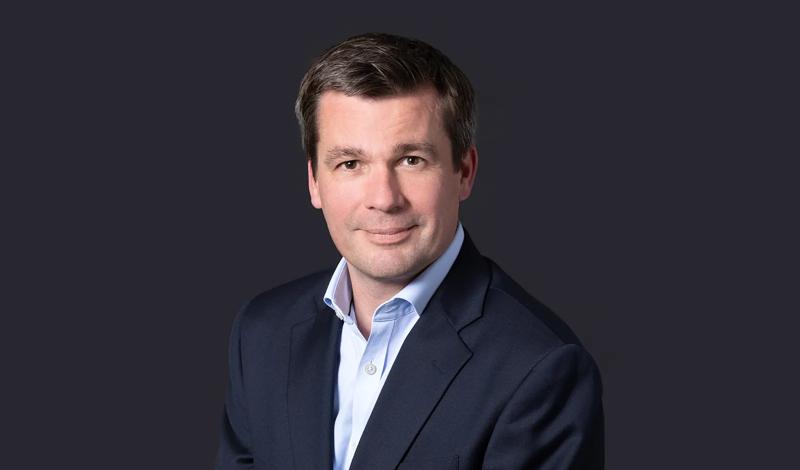Levelling Up – What now for education policy?
Following the Conservatives’ election victory in December the new government will be able to implement their election manifesto in full.
Following the Conservatives’ election victory in December the new government will be able to implement their election manifesto in full. However, the manifesto gave little detail on the specific policies that would be implemented. Gavin Williamson retained his position as the Secretary of State for Education in the early February reshuffle, but there were changes to junior ministers with Lord Agnew replaced by Baroness Berridge who will now be responsible for academies, governance and funding.
So what direction will the government now take?
We have heard little from the DfE so far so whilst we wait we wanted to look at what one of the key election themes may mean for education.
Throughout the election campaign Boris Johnson talked about ‘levelling up’ all areas of the country, with specific focus on parts of the north. It appears likely that ‘levelling up’ may become as well-worn a phrase as ‘Brexit’. From the little that has been said by the DfE it is likely that there will now be a renewed focus on free schools, potentially not just as an option for basic need (which is a given due to the academy presumption for new schools) but to seek to introduce an element of competition in areas where the government considers there needs to be challenge to the existing provision.
Whilst the pledge to increase minimum school per-pupil funding levels has been linked to the levelling up agenda, it’s clear that the government will need to go further if it is to have a real impact and a renewed pledge around the academies movement could be forthcoming. Dominic Cummings, the PM’s chief special adviser, was previously the special adviser to Michel Gove during the launch of the academies programme and is acknowledged as one of the architects of the system. Whilst the majority of secondary schools are now academies, the primary sector has often lagged behind on converting to become academies and it may be that there will be further funding incentives to encourage this. If the DfE were to use funding incentives then additional funding may also be made available for existing MATs to take on single academies or MATS to consolidate. Up until now though additional funding grants have not been enough to tempt some schools to become academies, so will Gavin Williamson look to use wider policy announcements to drive increased academisation? That said it appears unlikely that policies along the lines of the White Paper from 2017, which set the ambition for all schools to become academies, would be the chosen approach.
Last year the North East drew particular attention with the launch of the Opportunity North East, which mainly focused on secondary provision. It may be that the DfE policy initiatives are focussed geographically to support ‘levelling up’.
The DfE and individual RSCs have been increasingly encouraging consolidation of smaller MATs into larger ones, to enable better economies of scale and to reduce the size of the task on the DfE and RSCs to oversee so many individual institutions. This is likely to continue with the use of ‘hard’ and ‘soft’ levers on individual MATs going forward, especially where there are concerns over funding and/or performance. If the DfE wants consolidation on a wider scale though, it will need to make this explicit to the sector as a whole and provide funding to support the process.
Following the Augar Review of post-18 education last year little, if anything, has been actioned. Whilst the majority of the media reports focused on the higher education funding proposals to cap student fees to £7,500 per year, much of the report’s recommendations focus on further education (FE) and adult learning provision and its acknowledged lack of funding and support. Almost 40% of 25-year olds do not have qualifications beyond GCSE and if social mobility and levelling up is to happen, the skills of the wider workforce will need considering. This is especially true in the wake of Brexit where a more restrictive immigration policy is likely to be brought in. This sits alongside the wider geo-political issues of transforming the economy to be net carbon neutral by 2050 and increasing automation which is predicted to result in fewer low skilled jobs being available. There’s a clear role for the FE sector here too, but will the government commit the funding and bold vision needed to really level up in all areas needed?
The phrase “time spent in reconnaissance is rarely wasted” seems apt. Executive leaders and governing boards will want to scan the horizon and identify direction of travel as part of the strategic planning for their own organisations. Occasionally, external input can help open up topics for discussion at planning events and we are able to provide a horizon scanning presentation to support discussions and help you scan the horizon and interpret the landscape.
If this is of interest please do speak to us.
Contact

Nick MacKenzie
Partner
nick.mackenzie@brownejacobson.com
+44 (0)121 237 4564






































